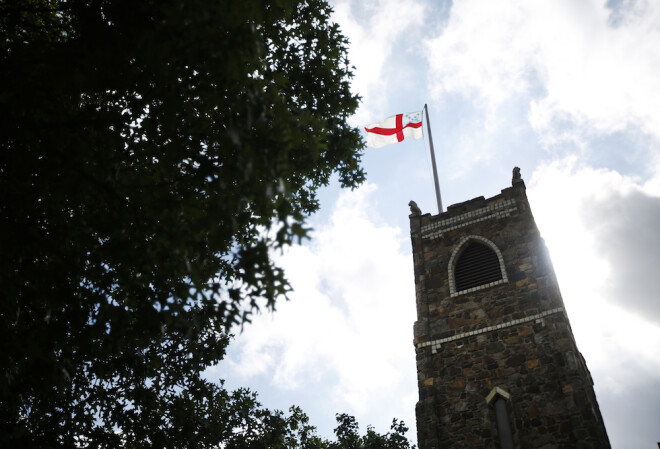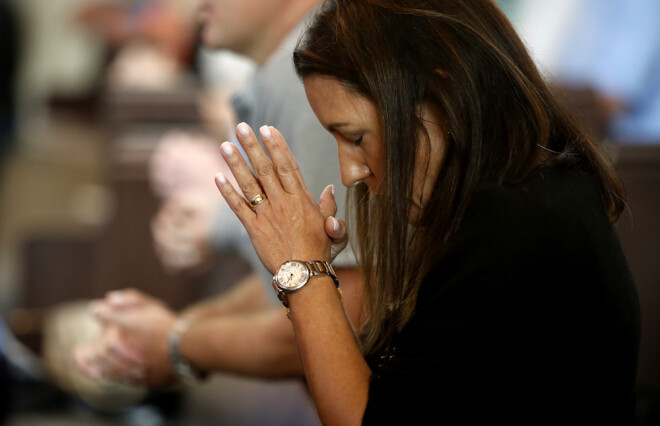The Tower

The Church’s interior provides human beings with a space to stand and to see things aligned with reality, that is, ourselves and the world in light of God. But from the tower we can see the world around us, wandering from Him but still belonging to Him. And at the conclusion of a service it is out into that world that we go. We bring the Church with us, like a tortoise with a shell, in that we bring our perception of things under God into our everyday lives, our work, So the Tower raises the question about what lies beyond: how are we as Christians to look at it?
Our answer will be divided into a series of matters traditionally dealt with in theology, ethics, evangelism, dialogue, culture, the State, vocation. But we need in this first entry to offer an overarching way to look at all these. Let us find this in the category of mission, with the recipients being the Gentiles, that is, the nations of the world. These traditional questions are different angles of approach on the nations, now that Jesus is raised and the time of gathering, of the Kingdom, has come. These nations are God’s, and yet they are darkened and confused. They rage and conspire against God’s anointed (Psalm 2), and yet they are fascinated, they have inklings of Him, and they can use the gifts of mind, of words, of hope, to enter into conversations with Christians. There is no way to consolidate their reactions, though they be incongruous one with another: longing, hostility, partial understanding, a desire for empathy, pride, insecurity. We as missionaries are their siblings, and yet we bring news they could not of themselves have imagined. This relation of blessed and costly collision is to be found in each of the classic questions we will ask in the coming entries.
Another way to put the matter is this. Each topic, ethics, evangelism, dialogue with culture, social outreach, politics, could fill a library. The best we can do is to place them all in relation to one another under to heading of ‘mission to the Gentiles in the time of the kingdom.’ They are different aspects of the same question, how shall we relate to the peoples of the earth, in the image of God and as yet enslaved by sin.
To show this connection, we will consider all these questions in relation to an extended passage from the New Testament, Romans 12-15. Paul has laid out his central doctrine of grace. He has related it to the mystery of the place of Israel, God’s people, in the drama of salvation. Consider where Paul offers a series of Scriptural passages about the joyful summons to the nations: ‘praise the Lord, all you Gentiles.’ (v.11) Paul’s ministry is meant to circle the Mediterranean so as to proclaim the Gospel to them all (or at least those he knew of). The offering he exhorts the Gentile Churches is a sign of this circuit, binding the nations together with Jewish believers and one another. (So we see that stewardship too, and the question of our use of money in general, are placed in relation to the nations and the time, the kairos, for proclamation to them).



